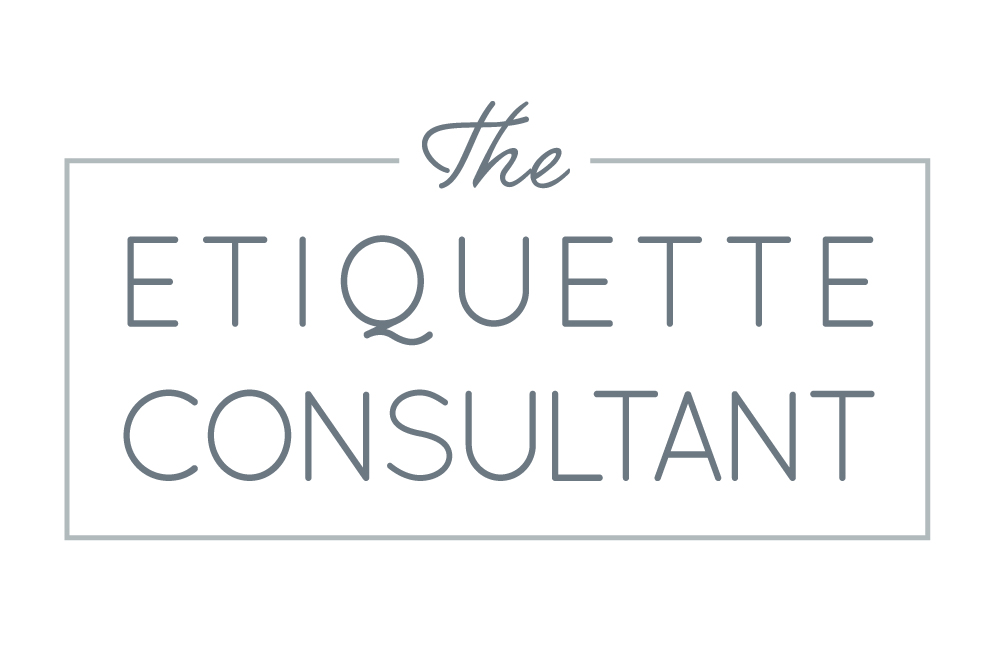The global business climate has never been more competitive than it is today. It is more important than ever for managers, business owners and employees to understand good corporate etiquette. The word “etiquette” might seem very out of date, but the essence of it is more important than ever. It is an essential business tool for individuals and companies, and it is an integral part of business culture throughout the world.
Here are 5 basic questions you can ask to find out if you or your business need corporate etiquette training…
1. Do you know how to correctly introduce senior colleagues to important clients and why global rank and status is important in business?
2. Do you know how and when to correctly give business cards or corporate gifts?
3. When you invite potential clients or VIP’s for a business dinner, do you know the correct seating protocol for around the table and how to prepare a seating plan according to business precedence?
4. During a business lunch, is it too early to talk business during starters or too late after dessert, do you know?
5. Do you know the cultural customs and communication styles of the country you are dealing or negotiating with?
If you don’t know how to answer these questions, you will likely make unnecessary mistakes, give the wrong impression and lose a potential client.
So what is Corporate Etiquette? It’s not only about writing emails and attitudes in the workplace. It is a standard framework which allows the correct communication to take place in an environment free from distractions. This is a framework by which people of all cultures can use to relate to one another in business collaborations. Relationships can then develop, issues can be resolved and objectives can be met.
A lack of corporate etiquette can have a profound impact in business situations but incorporating appropriate business etiquette will distinguish you and your business from the competition.
Find out more here about my full day and half day interactive courses in Corporate Etiquette & Protocol…


